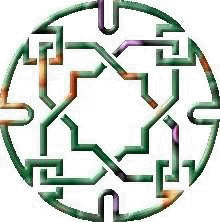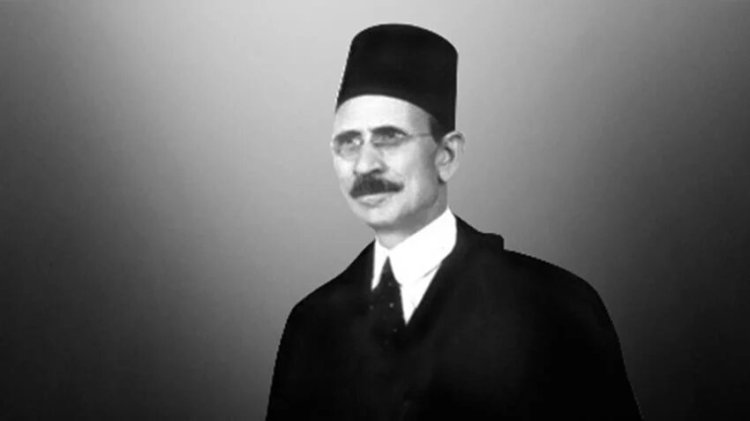



Ahmad Lutfi Elsayyed (1872-1963), one of the well known names of the modern Egyptian and Arabic renaissance, and one of the leaders of the Liberal movement of the modern Egyptian politics.
Ahmad Lotfi was born in a small village north of Cairo in the Nile delta, called Barquine. His family moved to Cairo where he studied in the school of law and graduated on 1894. He worked for some time in the government as a deputy public prosecutor, before traveling to Europe where he studied philosophy and literature as a free study in Geneva University. After returning to Egypt he worked in several positions in the government, as a manger of the central library "The house of books", then as the manager of the Egyptian University which is now 'Cairo University', and he was appointed as a minister for Education and a minister of interior affairs as well. In addition, Ahmad Lutfi, has been a member and a president for the Arabic Language convention.
He was a strong supporter of the nationalist thought as well as the secular society. His deep belief was that there is no meaning for us, for the term "nation" except as the "Egyptian nation". Consequently he was a strong opponent for the idea of the "Islamic nation" or establishing citizenship on the "Islamic" basis. He was one of the first group participating in the foundation of the first Egyptian university, and became later on its president. He insisted on the autonomy of the university so that he resigned his position twice for violating its autonomy by the government. The first when Taha Husein was discharged from the faculty of literature due to political reasons, 1932,and the second when police men entered the area of the university, 1937.
Ahmad Lutfi was one the leaders of the committee that demanded independence for Egypt, believed in Liberalism, called for the Pharaoh identity of Egypt, and supported strongly education of women. His presidency of the Egyptian university witnessed the first group of university graduated women, on 1932. He was the founder of the 'Nation' party and was titled as the master of the generation, and he is considered as the leader of the Arabic liberalism.
He translated to Arabic several books of Aristotle: "physics", "politics", and "ethics". He wrote too many articles which was later on collected and published under several titles recording the status of the evolving Egyptian early liberal period in the course of the modern Arabic renaissance.